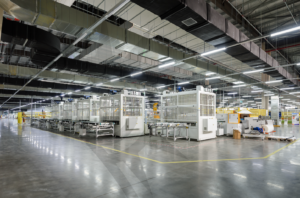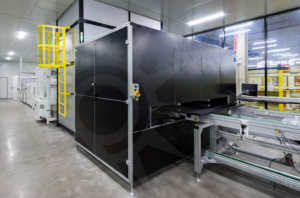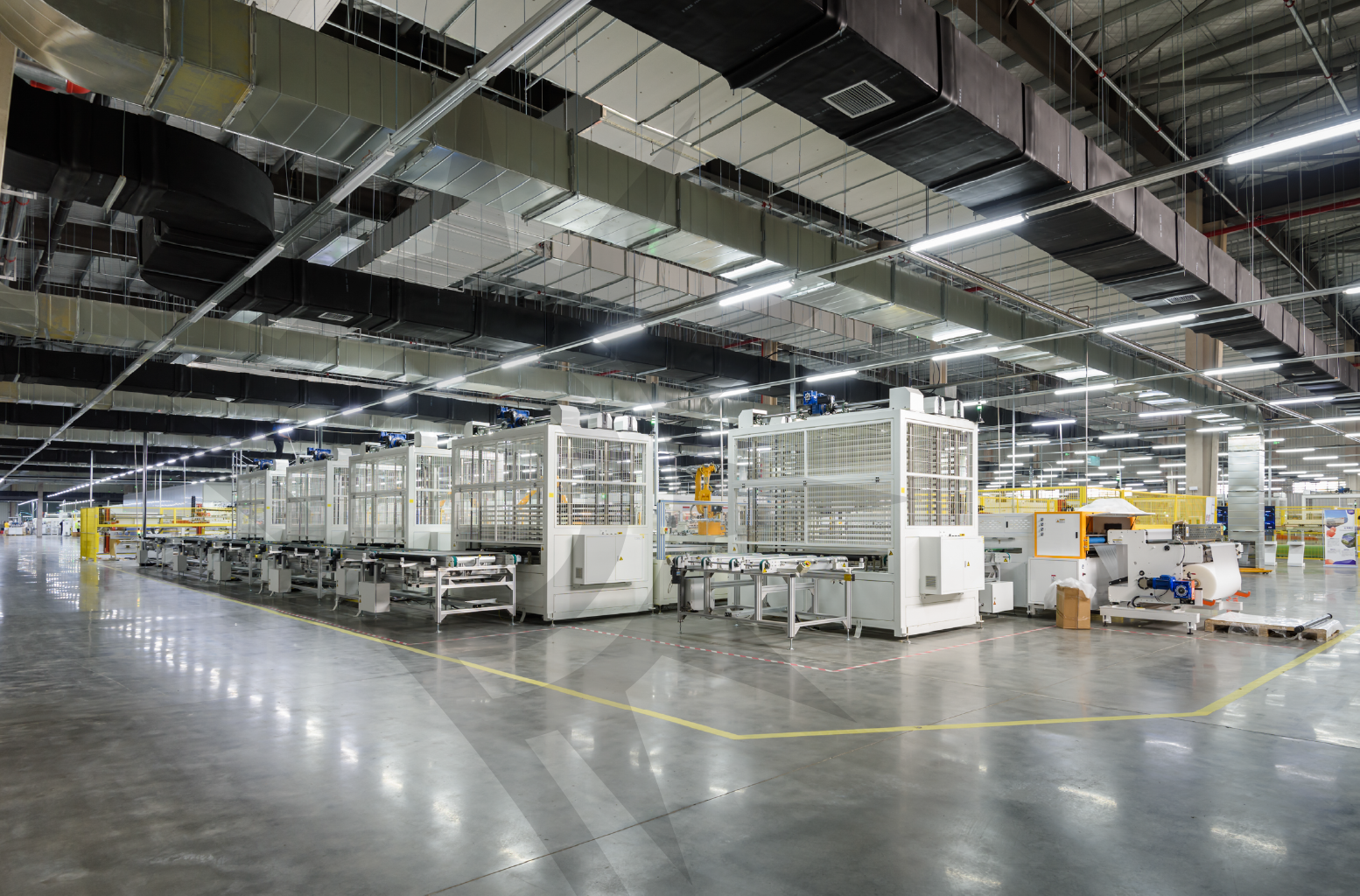Solar energy has been gaining space in Brazil’s energy matrix, contributing to a global trend, that predicts solar energy will become the world’s largest energy source by 2027. According to data released by the Brazilian Solar Photovoltaic Energy Association, by the end of 2024, Brazil is expected to rank 8th globally in terms of installed solar energy capacity. Meanwhile, in Europe, installed photovoltaic solar capacity is set to increase to 475 GW by 2030, doubling the current 221 GW. The Caribbean is also moving towards an energy transition: with high solar irradiation throughout the year, the region is perfectly positioned to harness solar energy.
Keeping an eye on global developments and market expectations are essential for the sector’s growth, ensuring that technological innovations continue to drive solar energy forward. Therefore, it´s crucial to recognize that the continued advancement of serious and high-quality solar energy depends directly on investment in research and the development of innovative technologies by manufacturers. In a market where efficiency is a priority, along with attractive differentiators, companies that invest in technological innovation and quality stand out and thrive in the global market.

Helius Sunlink PV Factory
In this context, with the main energy sector trade shows completed for 2024, and despite technologies like perovskite being presented at major industry events, 2025 and 2026 will see the consolidation of TopCon n-Type technology in photovoltaic modules, sold in the national market. This technology stands out for the highest efficiency, due to better electrical conductivity, lower initial degradation, and reduced susceptibility to PID effects.
Regarding the power output of photovoltaic modules, models above 600W will dominate the market. Primarily, to meet the demand for commercial and industrial projects, which generally have larger areas available for installation.
Another trend is that more qualified photovoltaic modules will be available in the Brazilian market. After new INMETRO regulations regarding photovoltaic module parameters, distributors have been conducting more frequent technical inspections at manufacturers’ facilities, strengthening relationships and ensuring the supply of products that comply with the regulations. Additionally, there is a market movement towards equipment testing in internal laboratories run by distributors, reflecting the deeper technical knowledge companies have acquired and are using as a competitive advantage.

Testing Machines
Becoming a company/brand recognized for the quality of its products, services, and excellent customer service is the result of years of hard work. Which involves continuous and thorough study in various areas, such as local legislation, logistics, market analysis, international marketing, environmental concerns, and, of course, research and development of materials and production processes, among others. For new product launches, for example, research begins many years in advance. The actual production involves extensive planning and machine setup in fully automated production lines. It’s a long journey before products reach our homes, and fortunately, we are moving towards a high-quality market in Brazil.
EDUARD JOSEPH KRUMMENAUER
Country Manager, Helius Sunlink PV
Electrical Engineer, Master of Science in Natural Resources and the Environment, Specialized in Business and Operations Management, and Master of International Transport Management


